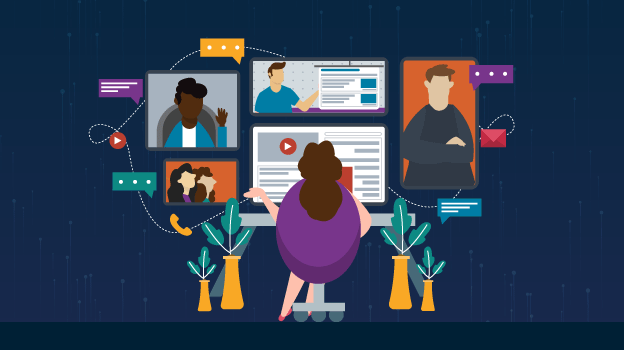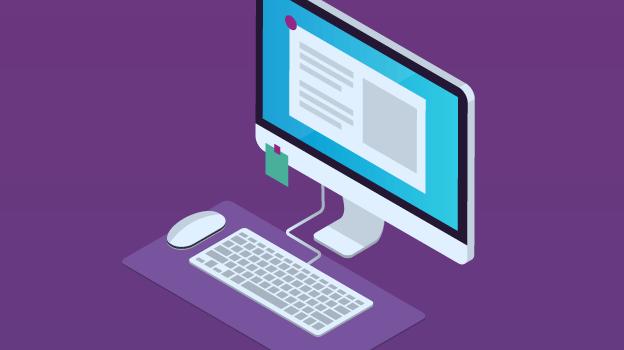
The 5 habits of master virtual trainers
Virtual training is a wonderful career option for digital nomads, who prefer to work while traveling and getting to know what the world has to offer. Glamorous as it may seem, virtual training needs to be well managed if you want it to be a good experience both for you and for your attendees. Master virtual trainers adopt five habits that might be useful to you too.
-
Prepare in advance
Try to imagine as many scenarios as possible and prepare for the unexpected. Find the best ways to teach a certain subject in a virtual environment, including presentation options, developing diverse learning materials and anticipating any technical issues. Set expectations about content delivery, communication process, and learning outcomes.
-
Engage with your audience
Virtual attendees might feel isolated, uncertain and distracted. Try to engage them in the learning process by creating dialogue, inviting social connections, and interacting as frequently as you can. Have interesting activities on the platform, that engage learners from the moment they log in.
-
Become a multi-tasking guru
Multi-tasking is a key skill of successful virtual trainers, presenters, and facilitators, especially if you teach several classes at the same time. Stick to the schedule, be a good example for your learners, as this will help them create a routine, stay on track and work towards their goals.
-
Pleasant voice
A study conducted by Quantified Communication showed that voice has twice the impact than content in a presentation. In other words, it’s not only about what you say, but also about how you say it. Make the most of your voice’s volume, pitch, tone, breath, and rate of speech.
-
Tame the technology
You don’t need to come up with a magic wand and solve all technical issues every single time (unless you are an IT support trainer). Regardless of your specialization, try to learn how platforms perform across different systems. And always, always have a plan B! It will help you relax more, perform better, and love your job.
Visit our Blog for insightful posts on training and e-learning.







